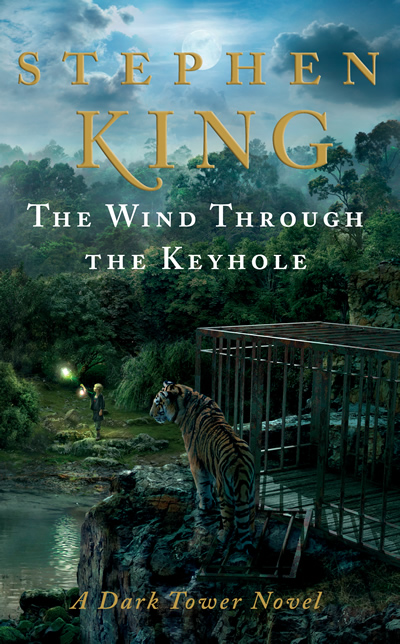Rubicon: The
Last Years of the Roman Republic (2003) is a non-fiction book covering the
events in Rome of the first century B.C., and is a wonderful introduction to the
fall of the Republic. If you don’t
normally read non-fiction, don’t let the fact that it is put you off. It is a fantastically written book--the prose
keeps the complex narrative moving while always injecting bits of wit or
personal accounts from ancient sources. This
is no dry history book—it reads more like a novel.
Holland's
central thesis asserts that the intense personal ambition instilled in Romans
from birth led to their downfall. Can
you imagine growing up in a house with an entire room devoted solely to the
accomplishments of your ancestors? With
their wax effigies are arranged so that they stare down at you as if to pass judgment
on your worth? If it sounds serious, it’s
because it was deadly serious to the Romans.
Rising to the highest levels of government was the pinnacle to which all
Roman males aspired. Enhancing the might
of the Roman Republic was to enhance your own personal prestige and dignity. To a large measure, this intensity powered
the rise of Rome from city to regional power, and with the defeat of Carthage,
to the undisputed master of the world.
The problems
set in when men of such incredible ambition came up against the constraints of
the Roman constitution (more a loose collection of laws and customs than any
single entity). A long succession of
Romans began to fiddle with the system, looking for ways to exploit it to their
own betterment. In short, somewhere
along the way, men ceased to fight for the interests of the Republic and,
instead, sought personal power. This
culminated in the final generation of the Republic with men like Sulla and
Caesar who finally brought down the house of cards.
I say that
Rubicon is an "introduction" because Holland focuses so heavily on
the role of personal ambition in the Republic's downfall at the expense of
other broader issues. Judging by his
obvious command of the history, I'm sure this was done on purpose, but I worry
that those not as familiar with the time period might miss the importance of
these crises. Given the parallels
between the class structure of Roman society and that of modern America, these kinds
of issues and the ways in which they are dealt with are of particular interest.
My major
gripe about Holland’s approach is that he enters the story a bit too late to
give a good accounting of some of these issues, picking up the narrative in force
with Sulla’s exploits in the 90s B.C. Most
folks cite the tribuneship of Tiberius Gracchus (133 B.C.) as the key event that
instigated the century-long series of crises that eventually led to the fall. Holland glosses over both the Gracchi in the
opening pages and devotes little time to discussing the hallmark of their campaign—land
reform. Likewise, the career of Marius
is relegated largely to the sideline.
He, more than any other, was most responsible for bringing about the
shift in loyalty of armies from the Republic to the general in command of the
force!
In spite of
my few minor quibbles, Rubicon is the best non-fiction book I’ve read about the
fall of the Roman Republic. The writing
is truly exceptional! Folks looking to
get fully immersed in this period should also check out Colleen McCullough’s ‘Masters
of Rome’ series. While fiction, it
is firmly based in primary sources and really brings the personalities of the
great men to life.









